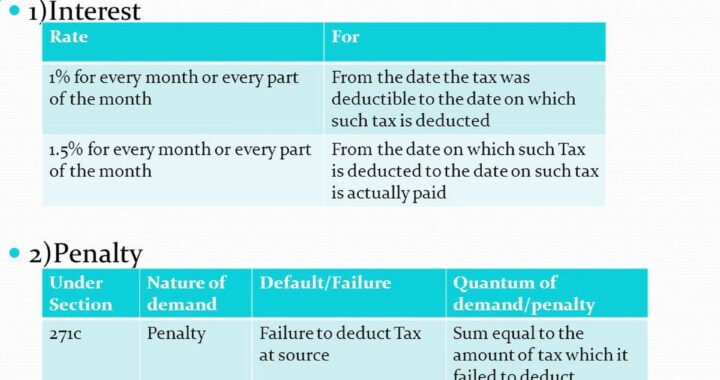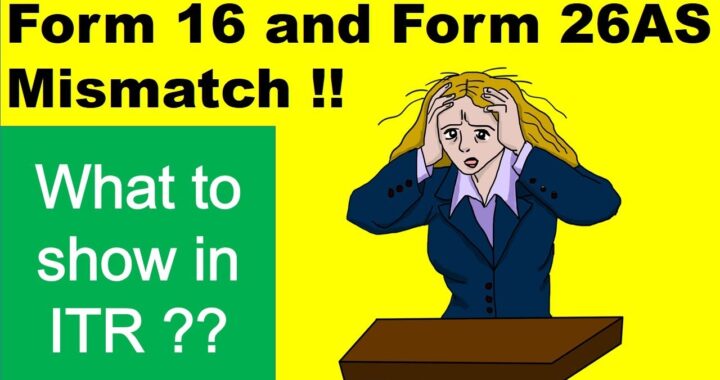Whether remission of loan can be assessed as income under section 41(1) for the purposes of MAT

Whether Remission of Loan is Income
Section 41(1)/ 115JB of the IT ACT: The Entire provision contained under the law clarified whether the remission of loan can be assessed as income under section 41(1) of the IT Act and if it cannot be assessed as income under the Act whether the same can be considered as addition to the “book profit” for purposes of Minimum Alternative Tax under section 115JB of the IT Act.
This was discussed in Case JSW Steel Ltd vs. ACIT (ITAT Mumbai)
Remission of Loan for CAPEX is not a trading Liability
The waiver of loan cannot be taxed under section 41(1) of the IT Act, where the loan has been taken for the acquisition of a capital asset and on capital account, as it is not a remission of a trading liability on the revenue account to attract income tax in the year of remission. Secondly, whether such waiver would form part of the ‘book profit’ for the purpose of MAT computation under section 115JB.
Intent of MAT was to curb Tax Evasion
The legislative intent and the purpose behind the insertion of the sections 115J/115JA/115JB were to take care of tax avoidance which had continued since many companies were not paying income tax though such companies had huge profits and were declaring dividends to their shareholders as well. It was, therefore, intended that a minimum corporate tax should be there on these companies and accordingly, the concept of MAT was introduced.

From the simple reading of the Companies Act, it can be understood that firstly, the P/L account must show the result of the company workings during the relevant period; secondly, it must disclose all the material fact including receipts, debits/credits or expenses in regard to non-recurring transaction or any transaction of an exceptional nature; thirdly, the P/L account must set out several items in respect to the income and expenditure arranged under the suitable heads and must disclose all such factual information as set out therein; fourthly, profit/loss in respect of any transactions of a kind, not usually undertaken or undertaken in a situation of non-recurring nature or an exceptional one, should be disclosed also; and lastly, P/L account must give a fair view of the result of the working of the company aligned with consistent accounting standards. However, the aforesaid law cannot be so read so as to require that every transaction of an exceptional nature or non-recurring transaction be debited or credited to the P/L account.
Accounting Standard AS 9 describes the items that will not make part of Revenue
AS 5 describe the manner of classification and disclosure requirements of certain items in P/L account, whereas the AS 9 provides the manner of revenue recognition. AS-5 defines Profit or Loss for the period in the following manner: “All the items of income and expenditure which are incurred in a period shall be included in finalizing the net profit or loss for the said period unless an Accounting Standard permits otherwise.” Clause 3 of Accounting Standard 9 gives an illustration of the items which are particularly not to be included in ‘Revenue’.
Waiver of Loan-a Capital Surplus, not to be routed through P&L Account
Waiver of loan cannot be recognized as the amount available for distribution via the P/L account, thus a capital surplus. This follows from expression ‘capital reserve’ that it should be accounted directly to the capital reserve account rather than crediting to the P/L account so as to make sure that it is not credited for being distributed via the P/L account.
The court from its observations opined that surplus amount fetching in the books of the company following the waiver of loan is not required to be credited to P/L account for the relevant financial year in which the waiver of such loan is being granted and in any case it cannot be considered as working outcome of the company, so as to be recognized as part of the book profit under the Companies Act.
CIT vs. Pruthvi Brokers and Shareholders Pvt. Ltd. Case also supports the contention- Loan waiver not to be taken in P&L Account
The court referred various judgments in this regards and it the instant case is strongly supported by the decision of High Court in the case of CIT vs. Pruthvi Brokers and Shareholders Pvt. Ltd. The court opined it is equally a constructive principle of taxation laws that entries in P/L account is not a decisive factor for taxing the income because the income can only be taxed by the express provisions of law. The court in its pronouncement decided that the waiver of a loan is just a capital receipt which forms part of the capital reserve and the said cannot be considered as working outcome of the company. Therefore, it does not recognize as a part of the net profit of the assessee company as per the P/L account. Thus, such a capital receipt cannot be considered and taxed as ‘book profit’ as pictured in terms of section 115JB of the Income Tax Act.
Related Read- Tax Implications of Waiver of Loan

 Can an assessee pay House Rent to his parents and claim relief? Would there be any legal complications?
Can an assessee pay House Rent to his parents and claim relief? Would there be any legal complications?  Boost Your Business & Reduce Taxes: A Guide to Maximizing Benefits Under Section 80JJAA
Boost Your Business & Reduce Taxes: A Guide to Maximizing Benefits Under Section 80JJAA  What is remedy to taxpayer if the Tax deductor fails to deposit the TDS or fails to file TDS Return
What is remedy to taxpayer if the Tax deductor fails to deposit the TDS or fails to file TDS Return  What is Income Tax Liability on Income from trading in Future and Options
What is Income Tax Liability on Income from trading in Future and Options  The Importance of Filing Your Income Tax Return on Time: A Financial Must-Do
The Importance of Filing Your Income Tax Return on Time: A Financial Must-Do  Is Addition made by Assessing officer on basis of mismatch between AIR and F26AS Justified
Is Addition made by Assessing officer on basis of mismatch between AIR and F26AS Justified  Major Changes Expected in Direct Tax Code 2025 and why these matter
Major Changes Expected in Direct Tax Code 2025 and why these matter